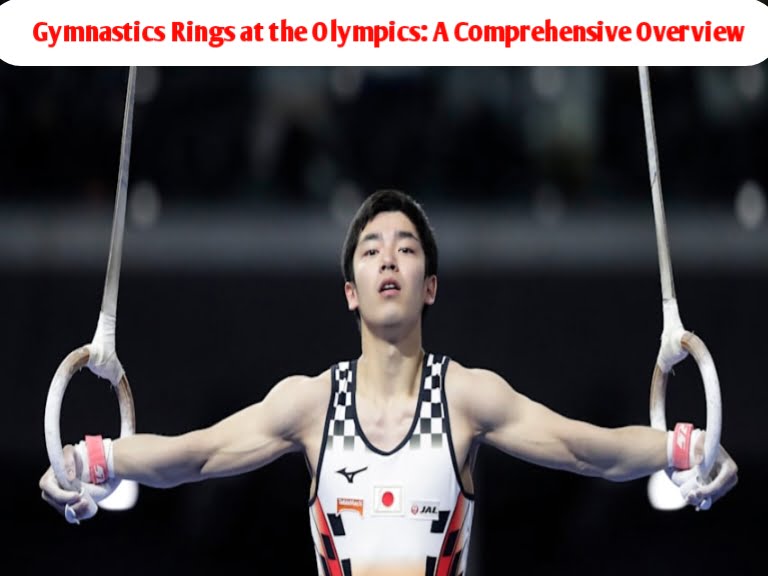Gymnastics Rings at the Olympics: A Comprehensive Overview
Gymnastics Rings at the Olympics
Gymnastics rings, a discipline within artistic gymnastics, is a test of strength, control, and precision. Featured prominently in the Olympic Games, the rings event captivates audiences with its blend of power and grace. This article delves into the history, rules, scoring, notable athletes, and the significance of gymnastics rings in the Olympics.
History of Gymnastics Rings in the Olympics
- Introduction to the Olympics: Gymnastics rings have been a part of the Olympic Games since the modern revival in 1896. Initially, the event was exclusive to male gymnasts.
- Evolution: Over the years, the complexity and difficulty of routines have significantly increased, reflecting advancements in training techniques and athleticism.
Rules and Regulations
- Apparatus Specifications: The rings are suspended 2.75 meters above the floor, with a 50 cm gap between them. The rings themselves have an inner diameter of 18 cm and are made of a material that provides a secure grip.
- Routine Requirements: Gymnasts must perform a series of static and dynamic elements, including holds, swings, and dismounts. A routine typically lasts 60 to 90 seconds.
- Scoring: Judges evaluate routines based on difficulty, execution, and artistry. Each element has a difficulty rating, and deductions are made for form breaks, balance issues, and incomplete movements.
Notable Athletes and Performances
Reading more… The History of China: From Ancient Dynasties to Modern Superpower
- Nikolai Andrianov: A legendary Soviet gymnast, Andrianov won gold in the rings event at the 1976 Montreal Olympics.
- Chen Yibing: Known as the “King of Rings,” the Chinese gymnast dominated the rings event in the early 2000s, winning gold at the 2008 Beijing Olympics.
- Arthur Zanetti: The Brazilian gymnast made history by winning the rings event at the 2012 London Olympics, becoming the first from his country to do so.
Training and Preparation
- Strength Training: Gymnasts focus on building upper body and core strength, essential for executing the demanding elements of the rings routine.
- Technique Drills: Precision in technique is crucial. Gymnasts spend hours perfecting each element to ensure smooth transitions and flawless execution.
- Mental Preparation: The psychological aspect is vital. Gymnasts train to maintain focus and composure under the intense pressure of Olympic competition.
The Significance of Gymnastics Rings in the Olympics
- Showcase of Strength and Skill: The rings event is a testament to the physical prowess and technical skill of gymnasts, often considered one of the most challenging apparatus in artistic gymnastics.
- Cultural Impact: Iconic performances on the rings have inspired generations of gymnasts and elevated the sport’s popularity worldwide.
- Olympic Legacy: The event continues to evolve, with each Olympic cycle pushing the boundaries of what is possible, showcasing the pinnacle of human athletic achievement.
Conclusion
The gymnastics rings event at the Olympics is a captivating display of strength, control, and artistry. From its early days to modern times, the event has seen remarkable performances that have left an indelible mark on the sport.
As gymnastics continues to evolve, the rings event remains a cornerstone of the Olympic Games, celebrating the extraordinary capabilities of gymnasts around the world.
How did you like the information given in our article today, please tell us in the comment section and for more such posts, follow our page The News House, thank you


